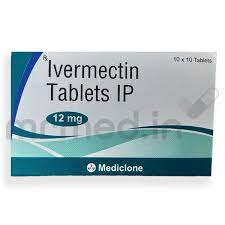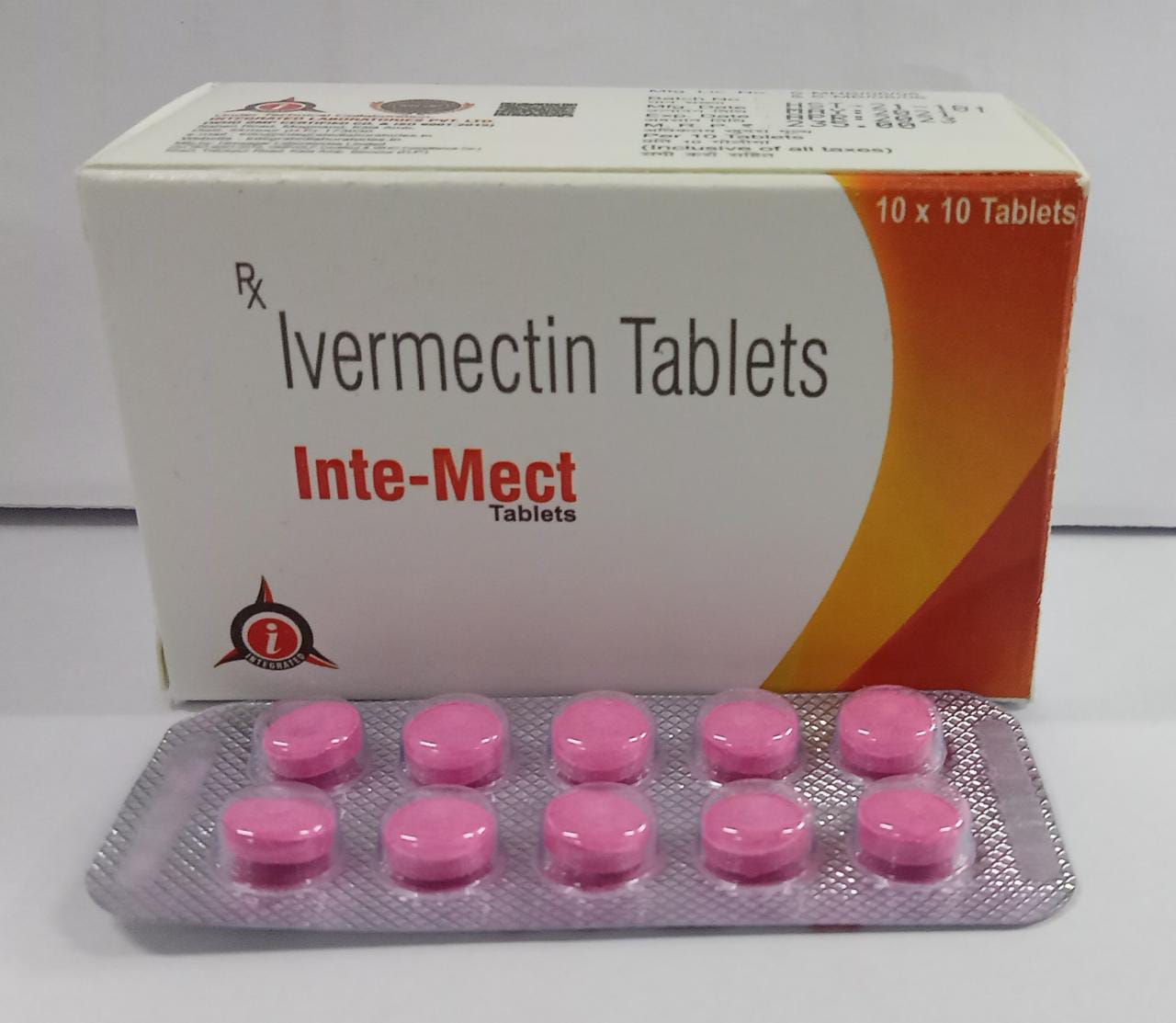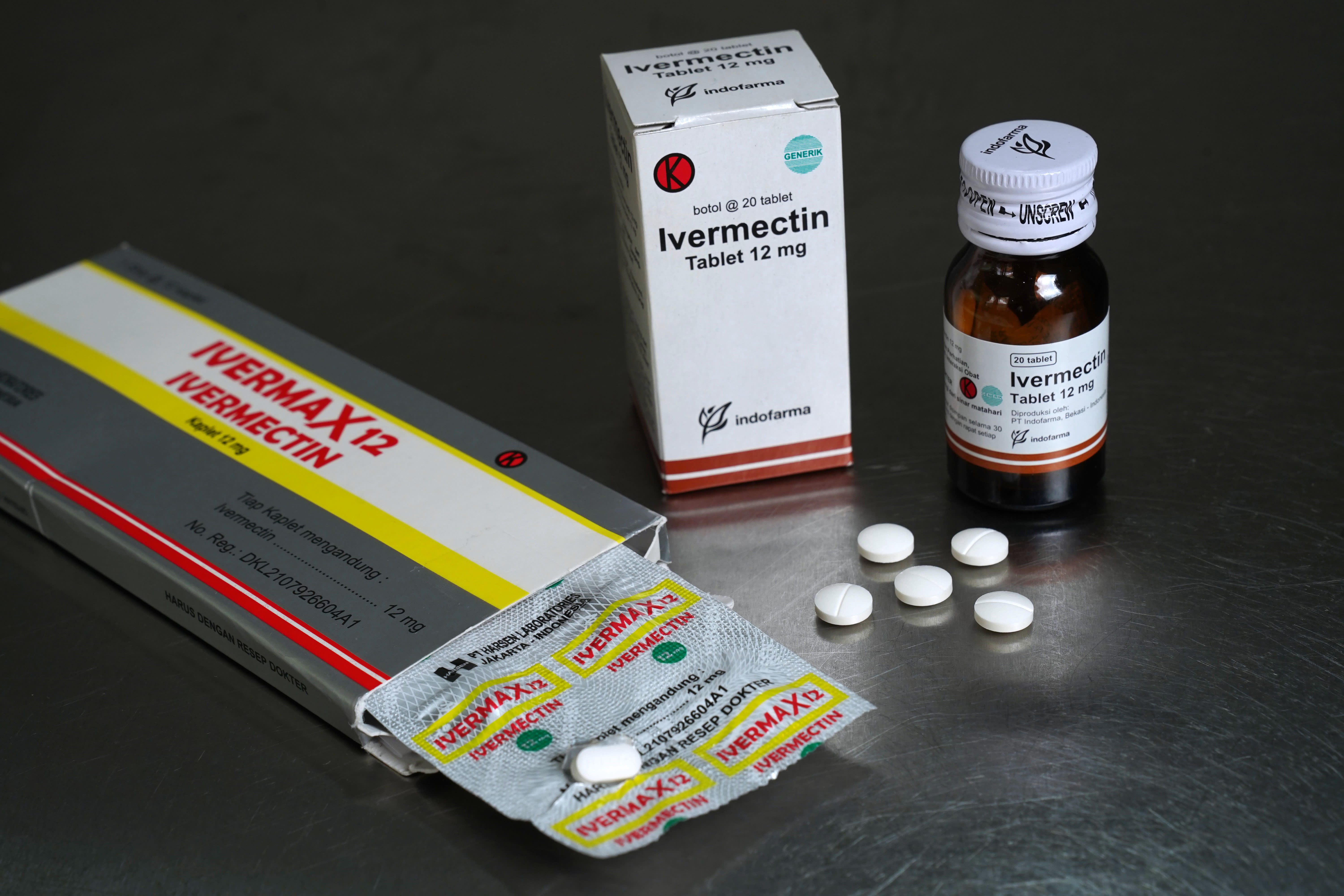Ivermectin is a commonly used drug to treat infections caused by parasites. Ivermectin is a prescription medicine used to treat onchocerciasis (river blindness), intestinal strongyloidiasis, and many other conditions in adults and children. To know more about Ivermectin medication keep reading below.
What Is Ivermectin?

Ivermectin is a generic anti parasite medication that is also available as brand name versions (Stromectol). The generic drug Ivermectin is an exact replication of the active drug in its brand name versions. Generic drugs are similarly effective as brand-name drugs. generally, generic medications are less costly than brand-name medications.
Ivermectin belongs to the anthelmintics class of medications. It works by killing the infection-causing parasites. Ivermectin is available in the form of tablets that can be swallowed with water and topical forms, cream, and lotion for external use only.
What Conditions Can Be Treated With Ivermectin?
Ivermectin treatment is also referred to as deworming as the medication is used to effectively treat many infections caused by parasitic worms. Parasites are organism that resides inside the body of other organisms called hosts. Parasites get their nutrients from their hosts which results in a lack of nutrients and other symptoms in the body of hosts.
Ivermectin is prescribed by your health care professional to treat parasitic infections including Myiasis, Gnathostomiasis, Pediculosis, and Strongyloidiasis. It works by binding to the nerve cells of parasites making them penetrable to chloride. It results in paralyzes of parasites causing the death of the parasite.
Ivermectin is used to treat scabies and other skin infections that cause itching and rashes. Ivermectin lotion is used to treat external parasites such as head lice.
Ivermectin For Intestinal Strongyloidiasis
Strongyloidiasis is a parasitic infection caused by roundworms (Strongyloides stercoralis) which are usually found in subtropical and tropical climates. Mostly this infection occurs in people who are exposed to contaminated soil.
Once you are exposed to the roundworms, they make their way to the small intestine. The symptoms of infection include skin rash, burning sensation, pain in the upper stomach, diarrhea or constipation, vomiting, cough, and weight loss. Ivermectin treats this infection by paralyzing and killing the roundworms.
Ivermectin For Onchocerciasis
Onchocerciasis is also known as river blindness, a parasitic infection that affects the eyes or skin. The infection is caused by the Onchocerca volvulus worm. The larvae of the worm transmit through bites and get mature into adult worms in around 6 to 12 months. Then the worm produces more larvae. Symptoms occur when larvae die.
Onchocerciasis usually does not cause symptoms initially and may take a year to develop symptoms. once the symptoms begin to appear, they result in severe ones such as brittle and thin skin, extreme itching in the eyes or skin, changes in skin color, vision loss, light sensitivity, and swelling in the lymph nodes. In rare cases, the untreated infection may lead to blindness.
Ivermectin is prescribed to treat onchocerciasis as it prevents worms from producing more larvae inside the body. It significantly removes the symptoms and improves the life quality of the sufferer.
Before Taking Ivermectin Tablets

Tell your doctor or healthcare provider if you have had asthma, liver or kidney disease, or any uncommon allergic reaction to Ivermectin or other medications. Make sure your doctor knows your health history, if you are pregnant, breastfeeding, or trying to get pregnant.
Do not take Ivermectin if you are allergic to this drug or other ingredients of the medication. Tell your doctor if you have cancer, AIDS, HIV, or other medical problems that cause a weak immune system.
It is unknown that Ivermectin can affect unborn baby or not, still your doctor should know if you are pregnant. Ivermectin may pass into the breast milk and harm the nursing baby so talk to your doctor for medical advice if you are breast feeding. Ivermectin should not be prescribed to children with less than 15 kg of body weight.
Also, tell your healthcare professional if you smoke, drink alcohol, or use any illegal drugs as these things may interact with your medication and affect how it works against your condition.
How To Take Ivermectin?
Make sure you follow your doctor’s instructions or those written on your prescription label. Never take smaller or higher doses than the recommended dose recommended by your doctor. Usually, Ivermectin is prescribed as a single dose or a series of doses.
Take the Ivermectin tablet on an empty stomach at least 2 hours before the meal. Take the tablet with a full glass of water. Swallow the tablet with water. Your doctor may prescribe you take an Ivermectin tablet some months after your first dose in order to treat the infection effectively.
Patients with a weak immune system due to certain diseases or medicine may need to take more than one dose of Ivermectin even regularly. Make sure you stick to the instructions provided by your doctor.
Store Ivermectin medication at room temperature and far from heat and moisture. Keep it away from children’s reach. You may need to provide frequent stool samples in order to make sure Ivermectin is working properly.
Is It Ok to Take Ivermectin With Food?
It is not recommended to take Ivermectin with food. Ivermectin drug is an extremely lipophilic and relatively large compound. The intestinal solubility and absorption of Ivermectin can vary with the indigestion of food.
Some previously performed studies have shown several peaks in plasma ensuing oral dosing, which may occur from enterohepatic circulation or delayed gastric emptying. That is why it is suggested it is best to take Ivermectin on an empty stomach or as suggested by your doctor.
What To Do In Case Of Missed Dose?
Usually, Ivermectin is prescribed as a single dose, so you may not be on a regular dosing schedule. In case you are on a dosing schedule, take the missed dose immediately as you remember. If it is almost time for your next scheduled dose, skip the missed dose and continue with the next dose. Do not take two doses together to make up for the missed dose.
Is Ivermectin For Humans And Animals The Same Drug?

No, Ivermectin intended for animal use is not the same as Ivermectin for humans. Human medications are different from those intended for animals. It could be extremely harmful to use animal drugs for humans. Ivermectin for animals may be used to treat infections caused by parasites such as heartworm.
Ivermectin for animals comes in higher doses so if used by humans can cause overdose and serious side effects. Some people used Ivermectin meant for animals in order to treat Covid 19 as a result it caused drug overdose. Many such cases were reported to the poison control center. FDA has not approved Ivermectin for Covid 19.
Ivermectin Drug Interactions
Using medications like Ivermectin with certain foods, ingredients, supplements or other medications can influence how the medicine works. These effects are referred to as drug interactions.
Before starting with Ivermectin treatment, make sure you tell your doctor about the other prescription medications, over-the-counter medicines, vitamins, supplements, and herbs you are taking. Your doctor or pharmacist can educate you about the possible interactions certain medicine and ingredient may cause with Ivermectin.
If there are no warnings or other information mentioned on the drug does not mean that the medication and drug combination is suitable, safe and effective for all specific uses or all patients. Always talk to your health care provider before taking any medicine.
Can Ivermectin Cause Allergic Reactions?

In rare cases, some patients may experience allergic reactions after using Ivermectin. The mild allergic reaction may appear as itching, skin rash, or flushing. Rare but more severe allergic reactions may include swelling under the skin, lips, hands, eyelids, or feet.
What To Do In Case Of An Allergic Reaction?
Usually, mild allergic reactions do not require any medical attention and they go away within a few days. If you experience a severe allergic reaction after taking Ivermectin tablets, stop taking the medication and call your doctor for emergency medical attention.
Possible Side Effects
Like many other drugs, Ivermectin can also cause side effects. The possibility and occurrence of side effects significantly depend on your age, other medical conditions you have, and other medicines you are using. Drinking alcohol can also interfere with Ivermectin and may increase the chances of certain side effects.
Common side effects of Ivermectin are dizziness, mild skin rash, nausea, stomach pain, diarrhea, muscle aches, and headache. These are mild side effects of this drug and do not require any treatment.
Get emergency medical help if you experience adverse effects such as eye pain, joint pain, loss of bowel control, confusion, severe skin rash, balance problems, swollen glands, fast heart rate, altered mental status, or trouble breathing.
It is not the complete list of possible side effects so make sure you talk to your doctor about other side effects. Talk to your doctor or healthcare professional for medical advice about side effects and allergic reactions.
